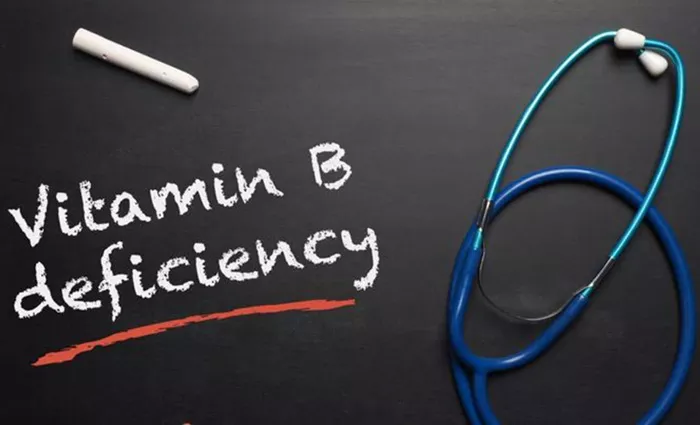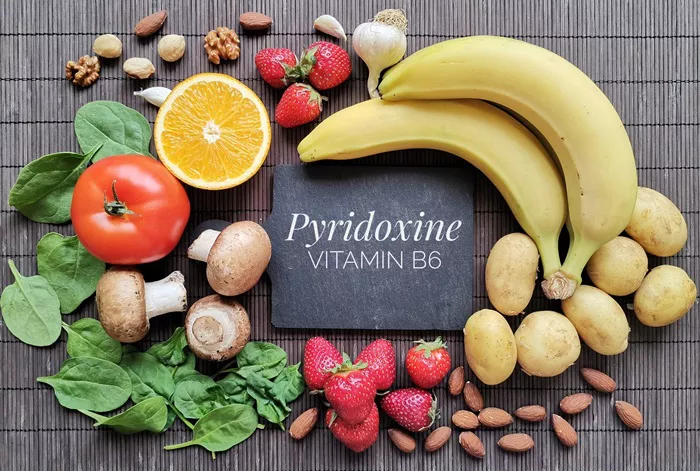In a recent discussion, Dr. Stephen Cabral, an expert in neuropathy and host of The Cabral Concept podcast, emphasized the crucial role of Vitamin B in combating stress and maintaining overall health. He stated that many individuals may be deficient in essential “anti-stress vitamins,” which can hinder their long-term ability to manage stress effectively.
Vitamin B, a collection of eight essential nutrients, plays a significant role in various bodily functions, including energy production, brain function, and cardiovascular health. The B vitamin complex comprises B1 (thiamine), B2 (riboflavin), B3 (niacin), B5 (pantothenic acid), B6 (pyridoxine), B7 (biotin), B9 (folic acid), and B12 (cobalamin). These vitamins are typically obtained through a balanced diet but can also be supplemented.
Dr. Cabral explained that stress can lead to the depletion of vital vitamins and minerals, particularly B vitamins and magnesium. “When we are stressed, our bodies will use and deplete certain vitamins and minerals to buffer that stress,” he noted. He further emphasized the importance of maintaining adequate levels of these nutrients to prevent various health issues associated with chronic stress.
Symptoms of B vitamin deficiency can include skin rashes, fatigue, weakness, and mental confusion. Individuals following strict vegan or vegetarian diets or those taking certain medications may be at higher risk of deficiency. Dr. Cabral encourages anyone experiencing these symptoms to consult with their general practitioner.
He highlighted the importance of addressing these deficiencies, stating, “When you become chronically stressed, you deplete your B vitamins. If you’re low on B vitamins, how can you combat stress?” He warned that deficiencies can lead to complications such as cardiovascular disease and a reduced ability to manage stress effectively.
As stress continues to be a prevalent issue in modern life, the need for awareness regarding the importance of Vitamin B and its impact on mental and physical health has never been more critical.
Related Topics
Vitamin Deficiencies: How Your Body Signals Nutritional Shortfalls
Higher Doses of Vitamin D3 Fail to Lower Cardiac Biomarkers in Seniors
Addressing Challenges of Plant Proteins in Food and Beverages


































